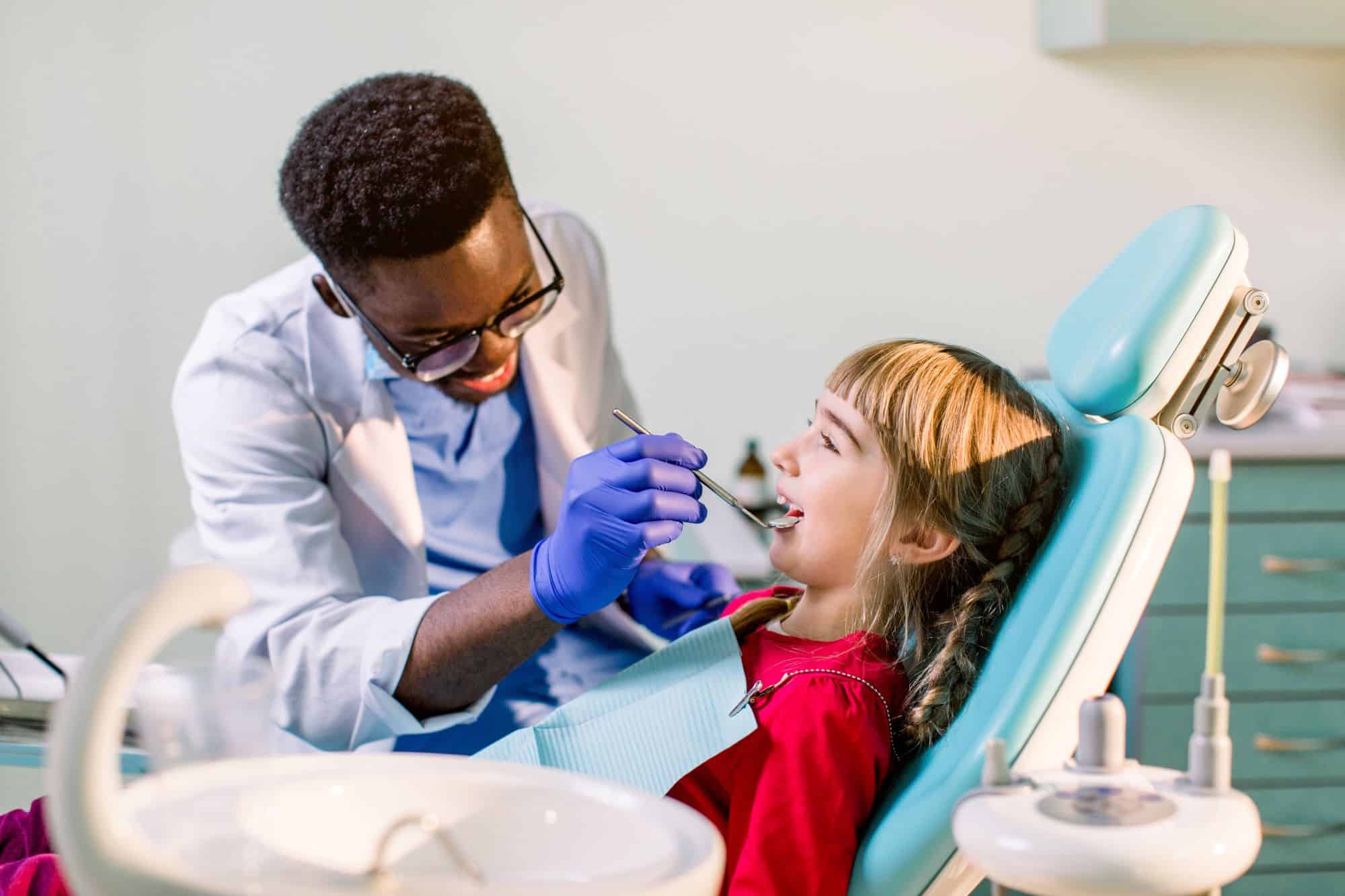A healthy smile is crucial for a child’s overall well-being, and good dental health plays a significant role in their development. From a young age, children need to be taught the importance of taking care of their teeth and gums. In addition to the aesthetic and functional aspects, maintaining dental health in children is essential for preventing oral health issues that can impact their self-confidence and overall quality of life.
Dental implants have become a popular solution for adults seeking to replace missing teeth. This modern dental procedure has gained a reputation for its durability, natural appearance, and long-term success. Dental implants Mississauga has emerged as a sought-after option for those in the region. However, when it comes to children, the suitability of dental implants raises several questions.
This article will explore the factors that determine whether dental implants are an appropriate choice for your child and the alternatives to consider if they are not.
In This Article
What Are Dental Implants?
Dental implants serve as synthetic tooth roots, typically constructed from biocompatible materials like titanium. These are surgically implanted into the jawbone to act as a foundation for missing teeth. After that, a small piece called an abutment is connected to the implant, providing support for the dental crown. This process effectively replicates the look and functionality of a natural tooth.
There are two primary types of dental implants:
Endosteal Implants: Endosteal implants, the most prevalent type, are inserted directly into the jawbone. Once the surrounding gum tissue heals, a second surgical procedure connects a post to the initial implant, and finally, the artificial tooth is attached.
Subperiosteal Implants: Subperiosteal implants consist of a metal frame that is positioned on the jawbone, underneath the gum tissue. As the gums heal, the frame becomes securely fixed to the jawbone, with posts connected to the frame protruding through the gums. The artificial teeth are then mounted onto these posts.
Dental implants offer several advantages over traditional tooth replacement options such as dentures and bridges:
- Improved Appearance: Dental implants look and feel like natural teeth, providing a more aesthetically pleasing solution.
- Enhanced Functionality: Implants restore proper chewing and speech abilities as they are anchored firmly in the jawbone.
- Durability: With proper care, dental implants can last a lifetime, making them a cost-effective long-term solution.
- Bone Preservation: Dental implants help maintain jawbone health by stimulating the bone and preventing deterioration.
Dental implants are a reliable, long-lasting, and natural-looking solution for tooth replacement in adults. However, when considering Mississauga dental implants for children, several factors must be taken into account to ensure their appropriateness and long-term success.

Factors To Consider For Children Getting Dental Implants
While dental implants can be an excellent solution for many people, determining their suitability for children requires a careful evaluation of various factors, including age, growth, oral health, and overall medical history.
Age And Growth Considerations: Dental implants are typically not recommended for children until their facial growth and development are complete, which occurs around the age of 16 for girls and 18 for boys. The timing of a child’s tooth loss also plays a role in determining the suitability of dental implants, as premature tooth loss can lead to shifting teeth and misaligned bites.
Oral Health Status: The presence of existing dental issues, such as cavities or gum disease, can affect the success rate of dental implants. Healthy gums are crucial for the long-term success of dental implants, as unhealthy gums can lead to implant failure.
Overall Health And Medical History: Children with certain chronic conditions, such as diabetes or autoimmune disorders, may face a higher risk of implant failure due to their body’s potentially compromised ability to heal and fight infection.
Additionally, some medications may negatively impact the healing process or the long-term success of dental implants. It is essential to discuss your child’s medical history and any medications they are taking with your dentist before considering dental implants.
Taking these factors into account enables parents and dental professionals to make a well-informed decision regarding the suitability of dental implants for a child. Consultation with a dentist is crucial in determining the best course of action for your child’s unique situation.
Alternatives To Dental Implants For Children
For children who are not yet candidates for dental implants or for whom dental implants may not be the best option, there are several alternatives available that can address missing teeth and help maintain dental health.
Removable Partial Dentures: Removable partial dentures are a cost-effective and non-invasive temporary solution for replacing missing teeth. They are custom-made and can be easily removed for cleaning and maintenance. However, they may be less stable and comfortable compared to other options, and require regular upkeep.
Fixed Dental Bridges: Fixed dental bridges offer a natural appearance and are securely fixed in place, providing a relatively quick tooth replacement procedure. They replace one or more missing teeth by attaching artificial teeth to adjacent natural teeth or implants. On the downside, they require alteration of adjacent teeth, and may need replacement after several years.
Space Maintainers: Space maintainers are appliances designed to preserve the space left by a prematurely lost tooth, preventing adjacent teeth from shifting into the empty space until a more permanent solution is available. These devices are beneficial for preventing tooth shifting, but they do not replace the missing tooth, serving only as a temporary measure.
Each alternative to dental implants has its unique advantages and disadvantages, and the choice will depend on the child’s specific needs and circumstances.
Conclusion
Deciding whether dental implants are suitable for your child requires careful consideration of various factors. It is crucial to emphasize the importance of consulting a dental professional, as they can assess your child’s unique situation and provide expert guidance. By working together with dentists, parents can help their children maintain a healthy smile and promote a lifetime of good oral health.











